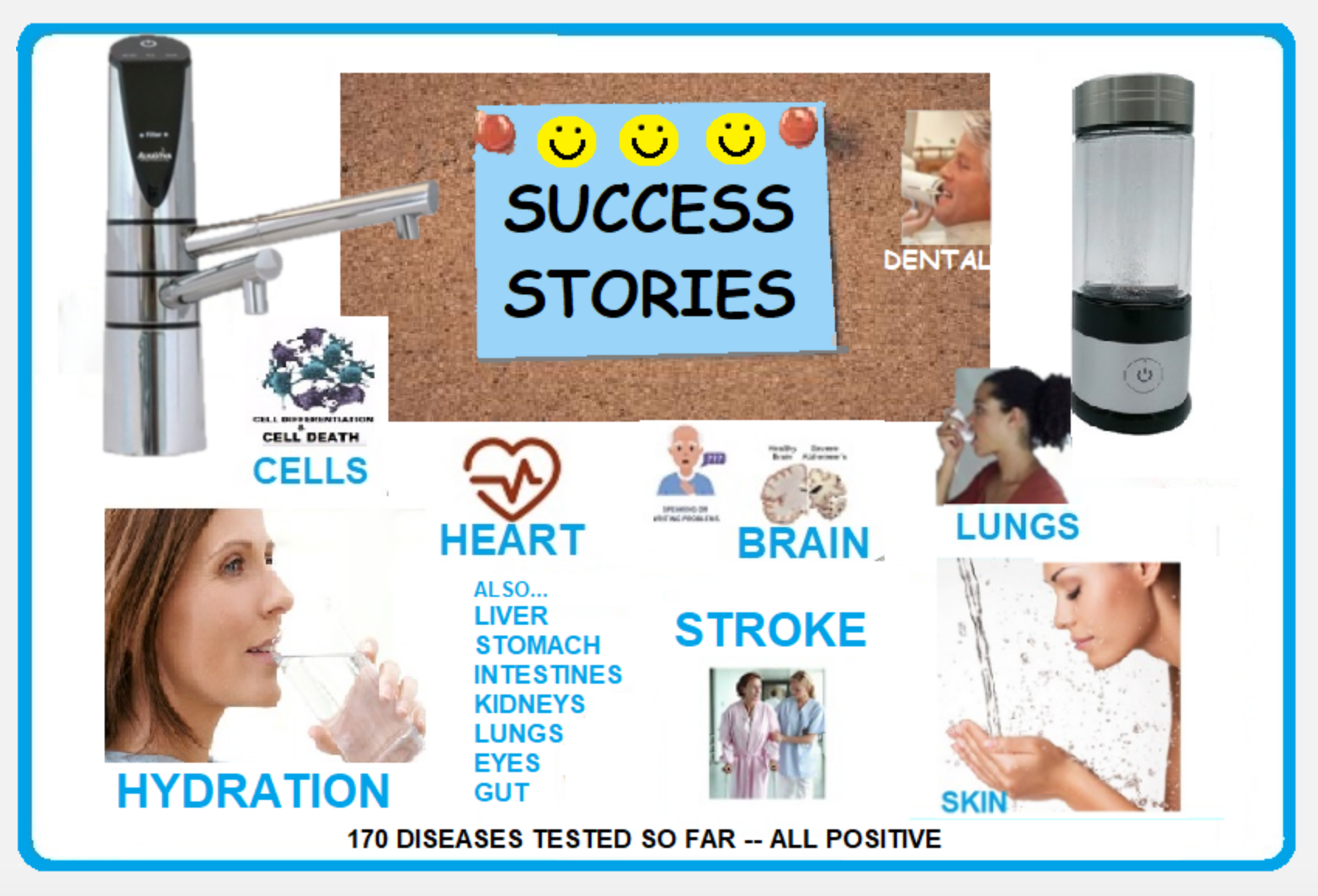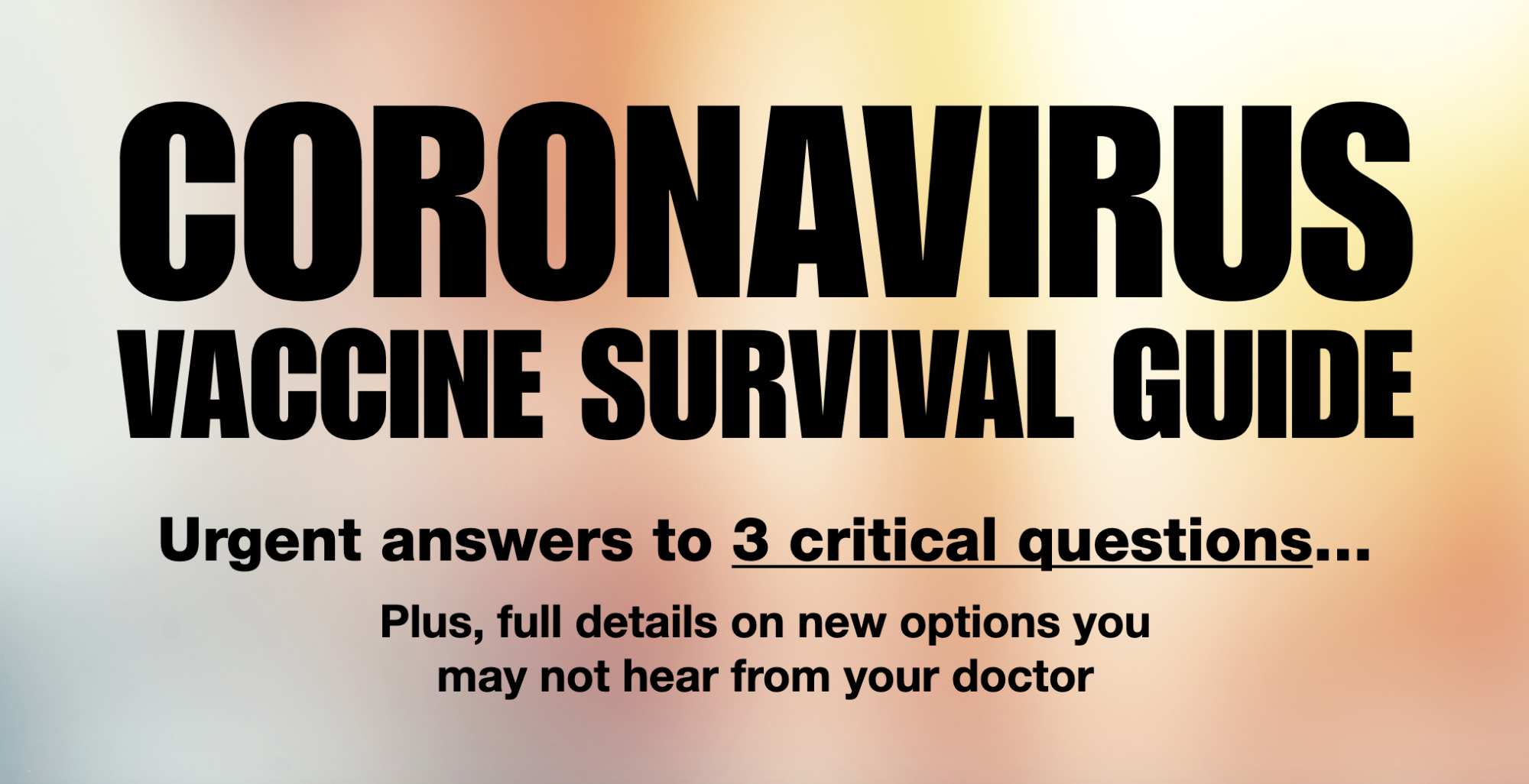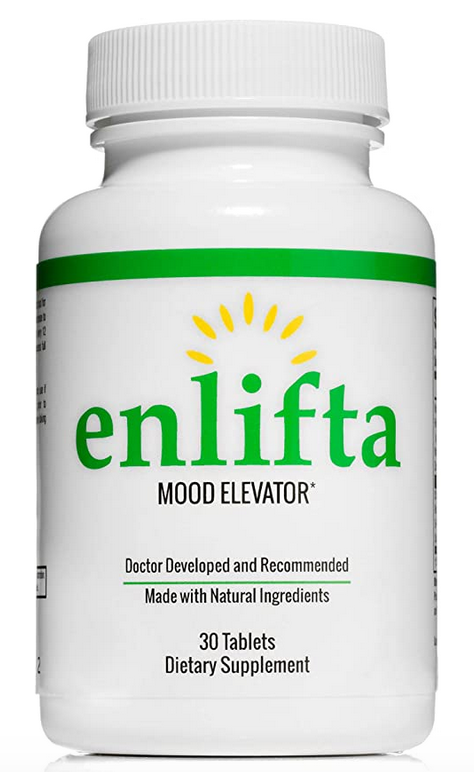
Alkaline Water Plus
Are there really any benefits to drinking alkaline water?
Memory supplement's "clinically proven" ingredients claims fall apart upon closer inspection of supporting ingredient studies.
|
Editor’s Note: Updates have been posted at the end of this article.
Schiff Vitamins claims in the TV commercial above that its memory supplement Neuriva contains “clinically proven” ingredients, allowing you to “brain better” in the areas of memory, focus, accuracy, learning and concentration than if you were to take an “ordinary” memory supplement that is not made from clinically proven ingredients.
But TINA.org took a closer look at several of the ingredient studies Schiff cites on its website in support of its clinically proven claims, which also appear on Neuriva’s product packaging. And here’s the bombshell: the studies themselves acknowledge that further clinical research is needed before anything conclusive can be said about the cognitive benefits of the ingredients tested: whole coffee fruit concentrate powder (WCFC) and phosphatidylserine (PS).
The following are excerpts from three ingredient studies referenced at the end of an April 2019 blog on the Schiff website titled “Ingredients for Brain Health.” (Note: BDNF stands for brain-derived neurotrophic factor and is a protein that Schiff describes in the post as having “an important role in maintaining the health of existing brain cells, inducing the growth of new neurons and synapses and supporting overall cognitive memory and learning.” Emphasis added.)
Far from concluding that either ingredient is clinically proven to help with memory, focus and the others, these studies call for further clinical investigation.
A note on ingredient studies
Even if Schiff had more robust scientific studies to back up its claims, studies examining individual ingredients may not be adequate in terms of substantiation. Certain ingredients may not be as effective when mixed with other ingredients than they are on their own. And the dosage or delivery method of an ingredient tested in an ingredient study may not be the same as the dosage or delivery method of the ingredient in the advertised product. For example, while the first two ingredient studies listed above tested whole coffee fruit concentrate powder, the actual coffee ingredient in Neuriva is an extract, specifically coffee cherry extract.
Ironically, the coffee ingredient in Neuriva is decaffeinated, meaning it does not contain — or contains little — caffeine. Last year, the Global Council on Brain Health (GCBH), an independent collaboration of scientists, health professionals, scholars and policy experts, published a paper that scrutinized several of the ingredients in brain supplements. When it came to caffeine, the GCBH said that it “has shown short-term effects on memory, focus and concentration,” three of the five areas Neuriva is marketed to address. As for any long-term effects, though, the GCBH said the scientific evidence was lacking. Which was right in line with what the report ultimately concluded: that buying supplements to benefit your brain health is “likely a waste of money” and that for most people, “the best way to get your nutrients for brain health is from a healthy diet.”
For its part, Schiff admits, in one of two “expert tips” at the bottom of an infographic featured in the April 2019 blog, that there’s “no such thing as a silver bullet” and that “sleep, diet and exercise” are important for maintaining good brain health — along with “supplementation” of course.
A TINA.org investigation into brain claims
This isn’t the first time TINA.org is alerting consumers to Neuriva’s deceptive better brain claims.
Earlier this year, TINA.org published the findings of an investigation into Amazon that found the online giant actively promoting and profiting from more than 100 deceptively marketed brain supplements for sale on its website. Among them: Neuriva Brain Performance and Neuriva Brain Performance Plus.
In response to an inquiry by TINA.org, Schiff’s parent company, Reckitt Benckiser, said, “Neuriva is currently being reviewed by a regulatory agency.” The U.K.-based consumer goods giant did not comment further.
Read more about TINA.org’s Amazon brain supplement investigation here.
UPDATE 2/16/21: Consumers who purchased Neuriva are eligible for cash refunds under a proposed class-action settlement, with the highest refunds earmarked for class members who have proof of purchase. If approved, the settlement would resolve multiple class-action lawsuits against Reckitt Benckiser – all filed following the publication of this ad alert in May 2020 – alleging the company falsely markets Neuriva as “clinically proven” to improve brain performance. In addition to restitution for consumers, the settlement requires that the company make minor changes to language on product packaging, among other marketing materials, but only for a period of two years.
The claims at issue were also the subject of an inquiry by the National Advertising Division, which closed its investigation in June 2020 after learning of the ongoing litigation. “Having determined that the challenged claims are the subject of pending litigation, NAD administratively closed the matter with leave to re-open its inquiry if, at the close of litigation, the applicable issues remain unresolved,” NAD wrote in its case report at the time.
Our Ad Alerts are not just about false and deceptive marketing issues, but may also be about ads that, although not necessarily deceptive, should be viewed with caution. Ad Alerts can also be about single issues and may not include a comprehensive list of all marketing issues relating to the brand discussed.
Are there really any benefits to drinking alkaline water?
Guide has some surprising health advice based on its anti-Big Pharma marketing.
FDA targets supplement sellers on Amazon making unapproved disease-treatment claims.

